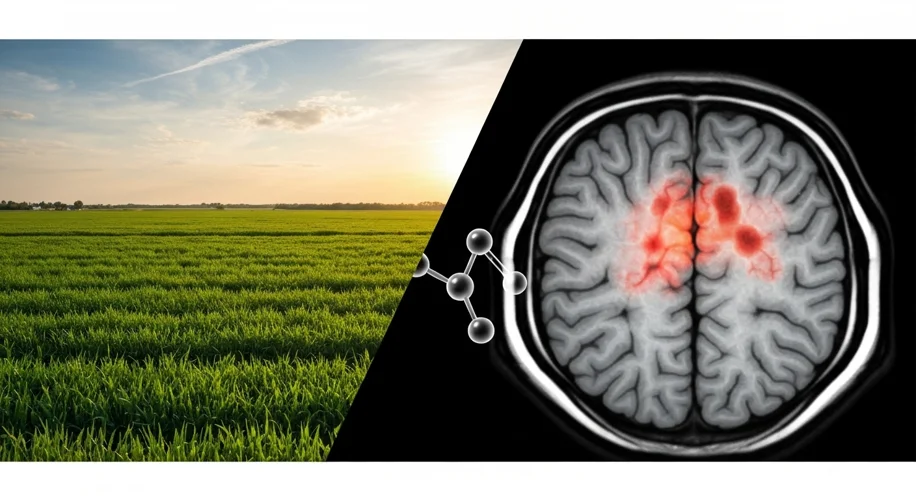It’s hard to escape the headlines about environmental health, and as someone with a background in atmospheric and environmental science, this latest news from Medical Xpress really caught my attention. The study highlights brain abnormalities in children exposed before birth to a widely used pesticide.
Did you know that pesticides, designed to protect crops, can sometimes find their way into our environment and, unfortunately, into our bodies? This research dives into how prenatal exposure to certain pesticides might be linked to changes in brain structure in young children.
Specifically, the study pointed to differences in certain brain regions, like the cerebellum and frontal cortex, which are crucial for a child’s development. These areas are involved in everything from motor skills and coordination to decision-making and social behavior. The research used advanced imaging techniques to compare the brain structures of children with varying levels of prenatal pesticide exposure.
As a scientist who’s spent years looking at how our environment impacts us, this is concerning. We know that vulnerable populations, like developing fetuses and young children, can be more susceptible to environmental toxins. This study adds to a growing body of evidence suggesting that the chemicals we use in agriculture and everyday life can have unintended consequences on our health, particularly during critical developmental windows.
It’s a stark reminder that what we put into our environment doesn’t just stay there. It can travel through the air, water, and food chain, eventually affecting even the most innocent among us. This research isn’t about assigning blame, but about understanding the complex relationship between our environment and our health, and using that knowledge to make better choices for the future.
While this study focused on a specific pesticide and a particular set of outcomes, it underscores the importance of continued research into the long-term effects of pesticide exposure. It also highlights the need for careful consideration of agricultural practices and the development of safer alternatives. As we move forward, science plays a vital role in ensuring that our environment supports, rather than hinders, the healthy development of the next generation. This is why I’m so passionate about understanding these connections – because our health is intrinsically linked to the health of our planet.

